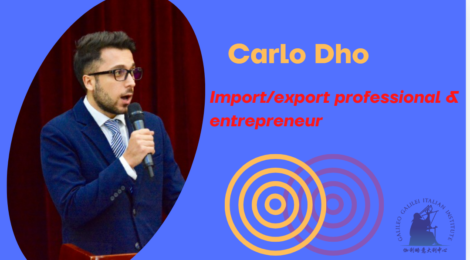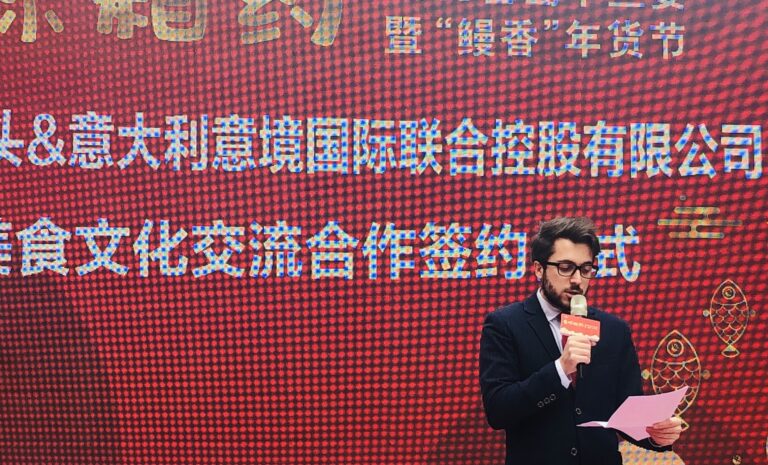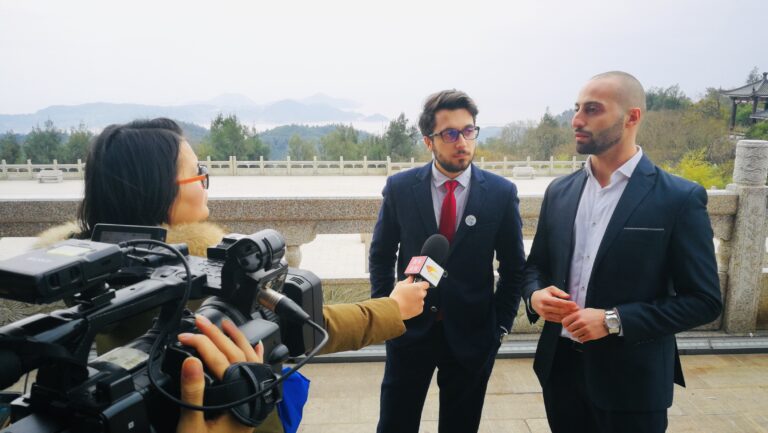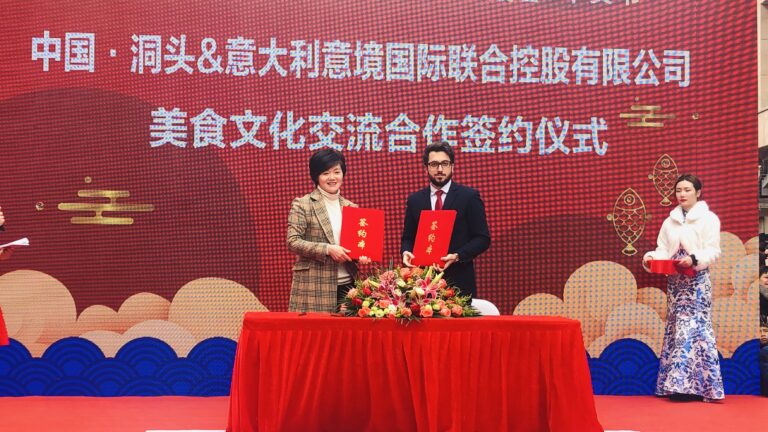
Circle of Friends – Interview with Carlo Dho
Carlo Dho is an import/export professional specialized in the Asia-Pacific region and an entrepreneur. He deal with both export consultancy for companies interested in expanding into these markets, as well as product sourcing for those wishing to purchase from abroad. He previously hold the role of University Lecturer of Business and Negotiation in China.
Enjoy his story for the column “Circle of Friends”

INTRODUCTION – Personal Relationship with China
How did your experience with China begin? Was it a casual encounter, related to your work, or for pleasure?
My experience with China began back in 2014, when I was still attending the University of Turin, specifically the Master’s Degree program in International Sciences offered by the university. That year, I applied for the Erasmus program, and at the same time, I had to choose a specialization: the Middle East or China. Almost by chance, I opted for the latter. At that point, I also applied for a scholarship that would allow me to study for an academic year at Zhejiang University. Against all odds, I was selected for both Erasmus and the program in China. I chose China: “this is not the time to have second thoughts,” I told myself. I had never been particularly fascinated by the East, as many other Westerners often are. But everything changed when I arrived in the Land of the Dragon… I was swept away by an overwhelming and unexpected love that, for better or worse, would shape the rest of my life. The language, the culture, the sounds, and the flavors of this country captivated me, but even more so, it was China’s ability to challenge everything I had learned in the previous 24 years of my life. After a year, I finished my master’s and decided to stay; I couldn’t have done otherwise.






